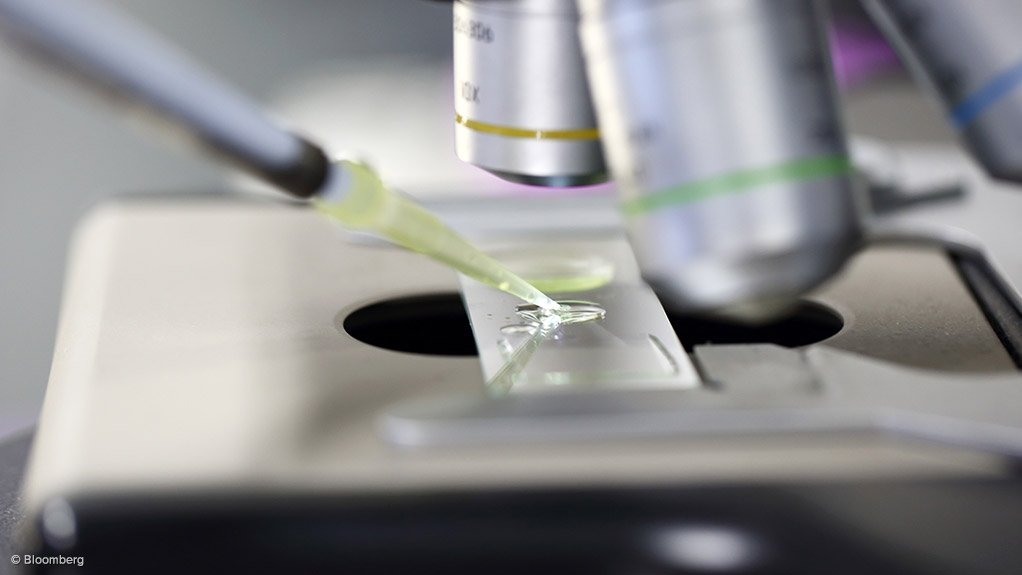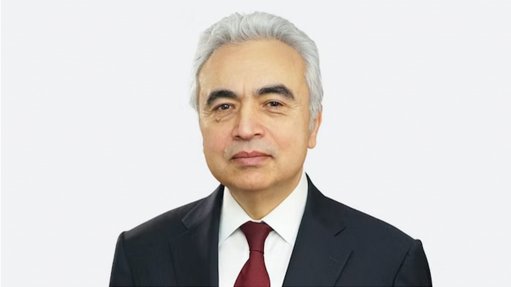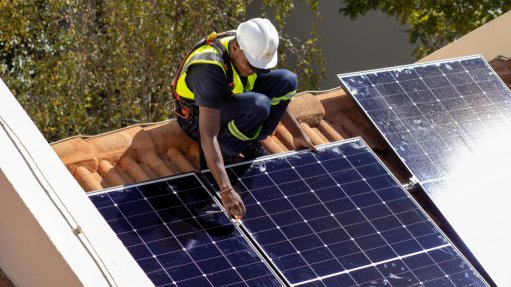S Africa’s intl research ties strengthened through involvement in FP7
A study of the impacts of South Africa’s participation in the Seventh Framework Programme for Research and Technological Development (FP7) of the European Union (EU) has found it to have strengthened the country’s integration into international research networks, enhancing bilateral cooperation in the field of science and technology innovation (STI) with key partners such as the UK, France, Vietnam and in Eastern Europe.
The review of South Africa’s participation in the €50-billion, seven-year programme, which was the EU’s primary instrument for funding research into employment and competitiveness in Europe between 2007 and 2013 to “make, or maintain the EU as a world leader in those sectors”, further revealed it to have strengthened South Africa’s research collaboration with other African countries, as well as with its Brazil, Russia, India, China and South Africa (Brics) grouping partners.
Pointing to enhanced intra-Africa cooperation, the report revealed that 15% of the 122 FP7 projects in which South Africa was involved required collaboration with Kenya, while 11% required the country to work with Egypt.
The corresponding figures for China and Brazil – two of the Brics partners – were 16% and 15%.
“That being said, South Africa’s main collaborating partners in the FP7 are European countries, specifically the UK, with which South Africa collaborated on 65% of its projects, France, which worked with South Africa on 59% of projects, and Germany, which saw collaboration with South Africa on 58% of projects,” Academy of Science of South Africa CEO Roseanne Diab said at the launch of the report, in Pretoria, on Monday.
A survey of South African participants in FP7 projects, including representatives from the Department of Science and Technology (DST), believed the country’s involvement facilitated international partnerships and collaboration, developed the skills and competencies of specific groups and organisations in South Africa, generated new knowledge through research and developed repositories for international information dissemination or sharing.
Participants also saw value in the future coordination of international programmes and activities, as well as the potential for the development of new or improved technologies.
An analysis further found South Africa’s participation in FP7 to be largely the result of the country’s expertise in a particular area of interest, while South Africa’s well-established research networks almost “automatically” drew South African researchers into the collaborative activities of the parties in their network.
“A third theme is that of South Africa and the rest of Africa being included in FP7 to strengthen the global character of a project. This takes different forms, such as the creation of outputs and tools that incorporate insights from different parts of the world, or the validation of a project’s insights and findings in diverse settings as a way of demonstrating global relevance.
“Africa, as a region in need of intervention, is probably the most salient theme . . . and provides a fourth reason for South Africa’s, as well as the rest of the continent’s, participation in FP7. Lastly, the geographic location of Africa also necessitated the inclusion of scientific experts from the region,” said Diab.
Commenting on the challenges of supporting South African researchers to ensure
successful implementation of EU-funded projects at a national and continental level, DST participants involved in the programme called for the capacity of the department’s Strategic Partnerships directorate’s grant-making obligation to be enhanced to strengthen the support it offered South African researchers.
A second recommendation was that attention be devoted to other project management challenges, among which were measures to support the research project website beyond the lifespan of the research project; further dissemination of the research project outputs; and capacity support to researchers when implementing EU-funded projects to ensure compliance with the rather complex financial and administrative requirements.
“A third recommendation relates to the observation that the alignment between FP7 projects and the country’s national STI priorities appears to be best when DST cofunding is involved; not because of the additional funding, but because of the project scrutiny that occurs as part of the process of approval.
“It should be explored to what extent the national contact points could assist with the alignment between national priorities and proposal content, as they are key to supporting researchers involved in EU-funded projects. The feasibility of a process of national endorsement of projects also needs to be investigated,” the report read.
Finally, participants pointed to the need for improved data management of projects for the purpose of impact-oriented monitoring.
The European Commission had, meanwhile, invested almost €16-billion in research and innovation in the next two years under Horizon 2020, the EU's research and innovation funding scheme, following a new work programme for 2016/17, adopted on October 13.
By the end of March, contracts had been signed for 20 Horizon 2020 projects, which involved 31 South African participations. The Council for Scientific and Industrial Research and Stellenbosch University lead in terms of the share of projects, with four projects each, followed by Mintek, with three projects.
The total investment by the European Commission for South African institutions under Horizon 2020 amounted to €4.6-million, with an average of €153 000 per participant.
Comments
Press Office
Announcements
What's On
Subscribe to improve your user experience...
Option 1 (equivalent of R125 a month):
Receive a weekly copy of Creamer Media's Engineering News & Mining Weekly magazine
(print copy for those in South Africa and e-magazine for those outside of South Africa)
Receive daily email newsletters
Access to full search results
Access archive of magazine back copies
Access to Projects in Progress
Access to ONE Research Report of your choice in PDF format
Option 2 (equivalent of R375 a month):
All benefits from Option 1
PLUS
Access to Creamer Media's Research Channel Africa for ALL Research Reports, in PDF format, on various industrial and mining sectors
including Electricity; Water; Energy Transition; Hydrogen; Roads, Rail and Ports; Coal; Gold; Platinum; Battery Metals; etc.
Already a subscriber?
Forgotten your password?
Receive weekly copy of Creamer Media's Engineering News & Mining Weekly magazine (print copy for those in South Africa and e-magazine for those outside of South Africa)
➕
Recieve daily email newsletters
➕
Access to full search results
➕
Access archive of magazine back copies
➕
Access to Projects in Progress
➕
Access to ONE Research Report of your choice in PDF format
RESEARCH CHANNEL AFRICA
R4500 (equivalent of R375 a month)
SUBSCRIBEAll benefits from Option 1
➕
Access to Creamer Media's Research Channel Africa for ALL Research Reports on various industrial and mining sectors, in PDF format, including on:
Electricity
➕
Water
➕
Energy Transition
➕
Hydrogen
➕
Roads, Rail and Ports
➕
Coal
➕
Gold
➕
Platinum
➕
Battery Metals
➕
etc.
Receive all benefits from Option 1 or Option 2 delivered to numerous people at your company
➕
Multiple User names and Passwords for simultaneous log-ins
➕
Intranet integration access to all in your organisation





















